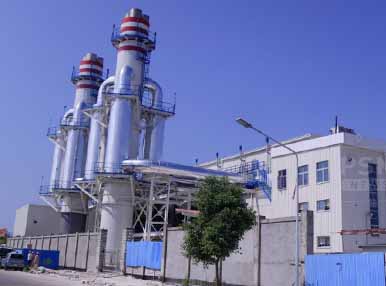
Renewable Energy DevelopmentRenewable Energy Development Program: Evaluation of Proposals for CBSF and FSSF
The work included evaluation of proposals from Universities for support to develop new capacity building programs, and from companies to conduct feasibility studies on biomass and wind power plants.
RMA’s lead consultant worked as the Team Leader (International) of the three member team, conducted a comprehensive evaluation of proposals received from six universities for initiating a new course for in-house and external students, on subjects and themes related to electricity production from renewable energy sources. Five proposals from companies for support for the conducting of feasibility studies on wind and biomass power plants were evaluated. Reviewed the evaluation methodology and comprehensively revised it, and completed the evaluation and the report. A workshop too was conducted for applicants to the round 2 of the feasibility study financing facility.









